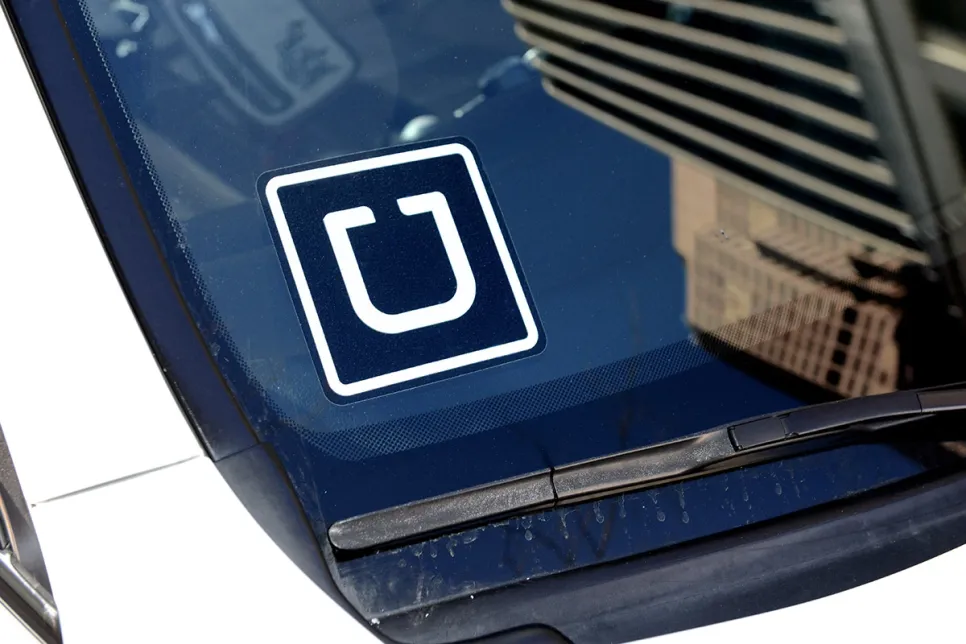Siemens Opens Its Largest Global Research Hub
Siemens has opened the first building complex of its Technology Center (STC) at Garching Research Campus, north of Munich, Germany.

Uber, in its first financial report as a public company, posted first-quarter sales near the high end of its previously disclosed preliminary results, according to Bloomberg. The company also reported a $1.01 billion quarterly loss, among the largest of any public company.
Nelson Chai, the chief financial officer, laid out a path for costs to eventually come down. On a conference call after the report, Chai said Uber will cut back on customer promotions and that marketing expenses as a percentage of revenue should decline in the second quarter. Shares jumped as much as 4.3% in after-hours trading, following Chai's comments.
The world’s biggest ride-hailing operator generated $2.76 billion in adjusted revenue in the first three months of the year, an increase of 14% and just exceeding analyst estimates of $2.75 billion. The company, which has under-performed in its first weeks of trading, didn’t issue a forecast in the report.
Uber’s loss in a single quarter was larger than that of North American rival Lyft in all of last year, though it fell within the preliminary range Uber had issued on May 13. In the same period last year, Uber had a profit of $3.75 billion, thanks to the sale of international assets. On an operating basis, Uber's losses more than doubled in the first quarter from the year before.
Chai didn't rule out further heavy spending and reiterated on the conference call that 2019 would be an “investment year.“ He said in a statement in the report: “Our investments remain focused on global platform expansion and long-term product and technology differentiation, but we will not hesitate to invest to defend our market position globally.“
One number analysts have their eyes on: Growth of gross bookings, a key measure of what customers spend with Uber, is slowing. They totaled $14.7 billion in the quarter, an increase of 34%, compared with 37% in the fourth quarter. Uber said bookings grew 41% from a year before, after adjusting for currency fluctuations and excluding regions where the company no longer operates.
In the report, Uber offered new quarterly data. The company revealed that revenue in Latin America fell 13% from a year before amid increased competition. Meanwhile, revenue grew by 26% in the U.S. and Canada. Uber doesn’t disclose performance data for its individual business units by region. Globally, growth in adjusted net revenue for ride-hailing, which excludes subsidies paid to drivers, stood at 10%, while food delivery sales grew by 31%.
Even by nontraditional metrics, there are signs of weakness. Uber said its core platform contribution margin was -4.5%. This wasn't as bad as Uber's most pessimistic expectation, but it’s a troubling sign for investors who want to see the economics of the business improve. The contribution margin was 17.9% in the same period last year. Global competition has taken a toll. Uber said it expects to improve the contribution margin in the second quarter and continue to do so through the rest of the year.